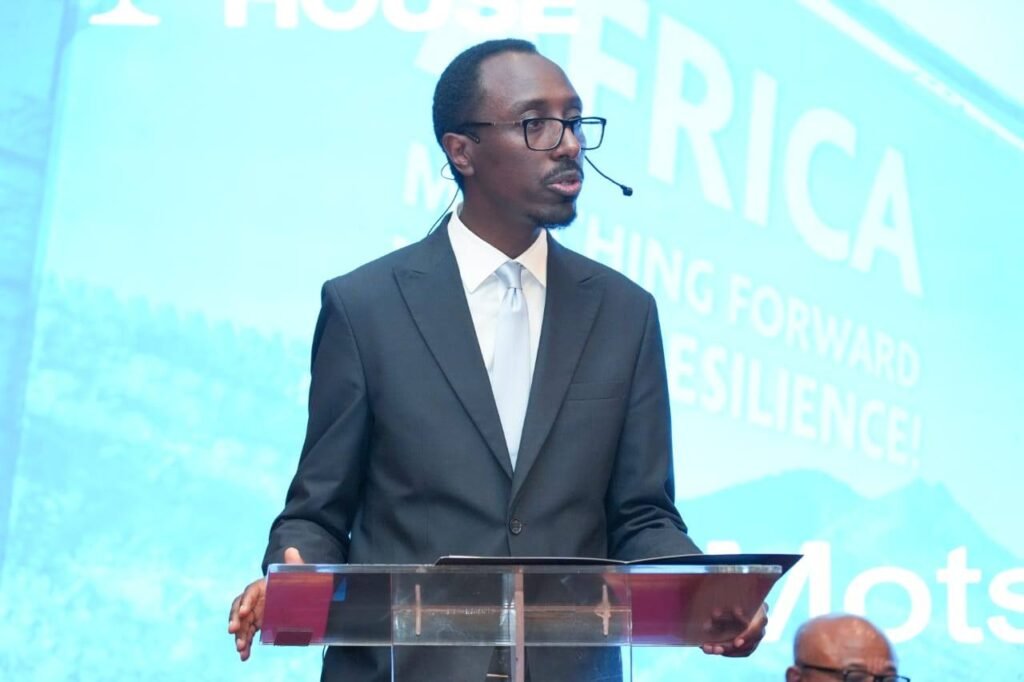A high-level Chatham House conference on “Africa’s Rising Influence: Advancing Agency in Foreign Policy and Global Governance” was held in Addis Ababa from November 5 to 6. The event, organized in collaboration with Amani Africa and the United Nations Development Program (UNDP), brought together African and international stakeholders to explore ways for Africa to strengthen its strategic influence on the global stage.
The conference featured deliberations emphasizing the role of Africa in a multipolar world, regional and continental coordination for global impact, African priorities in sustainable development, climate diplomacy, and biodiversity, strengthening African-led peace and security initiatives, and the continent’s soft power through cultural diplomacy and global influence, among other topics.
Delegates included ministers, ambassadors, senior officials from international organizations, representatives of research institutions, and members of regional bodies including the African Union, SADC, and IGAD.
During the opening session, Foreign Minister Gedion Timothewos underscored the need for thorough consideration of Africa’s position within a rapidly shifting global order. He emphasized the need for African nations to recognize the opportunities and risks within the contemporary multipolar environment and to adopt coordinated strategies that elevate the continent as a rising power. The Minister also noted, on the occasion, recent movements of goods from Ethiopia to Kenya, Somalia, and South Africa as an indication of growing regional economic activity under the continental framework, AfCFTA.
Minister Gedion highlighted that Africa must transform its presence on the world stage into real influence and ultimately into improved outcomes for its people. He emphasized the central role of the African Union, the Regional Economic Communities, and the AfCFTA in strengthening continental cooperation. He further noted the AU’s accession to the G20 as evidence that global challenges cannot be addressed without Africa’s involvement, while also reaffirming Ethiopia’s readiness to work with African partners toward reforms in global governance and to advance Africa-led approaches to peace, security, and development.
Ambassador Mohamed El-Amine Souef, Chief of Staff of the African Union Commission, on his part, emphasized that Africa is now taking an active role in shaping outcomes, setting agendas, and promoting solutions that serve not only its peoples but also the broader world, moving beyond merely observing global affairs. He highlighted the scale of AU-mandated peace operations, developments in intra-African trade, and progress in renewable energy and green industrial initiatives across the continent.
Ambassador Souef further outlined key areas where Africa seeks support, including reliable and predictable access to climate finance and development, sustained backing for the African peace and security architecture, strengthened economic integration, and recognition of Africa’s contributions to sustainable peace.
The two-day conference hosted in Addis Ababa provided participants with a platform to deliberate on Africa’s growing strategic role, identify priority areas for joint action, and reflect on the institutional and policy measures needed to strengthen the continent’s voice in global governance.
As part of the program, participants visited the Adwa Victory Memorial Museum and Unity Park, where they examined exhibits showcasing Ethiopia’s role in African independence, demonstrated by its decisive victory at the Battle of Adwa, and reflected on the importance of continental cooperation.

